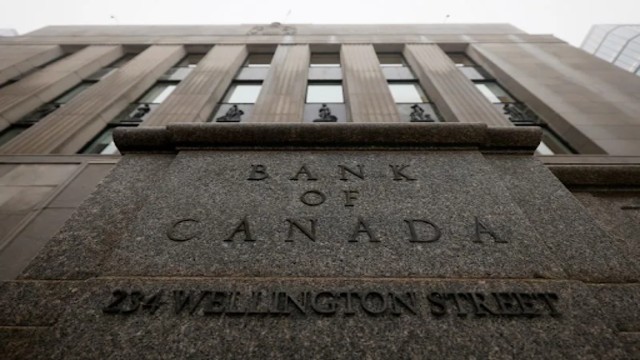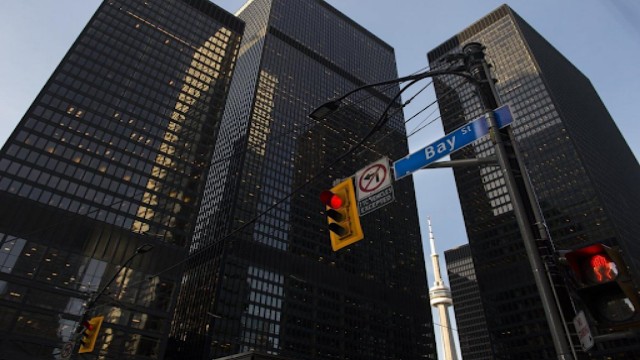
The Bank of Canada headquarters in Ottawa, as captured in a Reuters photograph.
The Bank of Canada (BoC) has warned that an extended trade dispute with the United States could cause lasting damage to the country’s economy. According to meeting minutes released Wednesday, policymakers believe such a conflict would permanently lower Canada’s GDP level.
On January 29, the BoC reduced its key interest rate by 25 basis points to 3%, marking its sixth consecutive rate cut. The move aimed to counter economic risks, especially as former U.S. President Donald Trump threatened to impose tariffs on all Canadian imports.
Trump recently agreed to delay most of these tariffs for a month. However, on Sunday, he announced plans to slap a 25% tariff on steel and aluminum imports from Canada. This renewed tension has deepened economic uncertainty.
Economic Fallout and Permanent Impact
The BoC’s minutes made it clear: a prolonged trade war would shrink economic activity. Policymakers highlighted that the negative impact on GDP would be permanent, and growth would remain slow until businesses and industries adapted to the tariffs.
Canada heavily depends on U.S. trade, with about 75% of its exports going south. Retaliation from Canada, as promised by its government, could further drive up inflation. Consumer prices have remained stable within the BoC’s 1%–3% target for six months, but economic growth has been weak. This ongoing slowdown has prompted aggressive interest rate cuts.
Uncertainty Clouds Economic Forecasts
BoC officials admitted they couldn’t predict how U.S. trade policies would unfold. However, they acknowledged that continued tariff threats were making it harder to provide reliable economic forecasts.
The council, which currently consists of six members but will expand to seven in March, also noted that a trade war could:
- Lower household incomes in Canada
- Disrupt supply chains
- Increase inflation
- Weaken the Canadian dollar
Business Concerns and Capital Flight
Canadian businesses are already feeling the heat. According to anecdotal evidence cited in the minutes, some companies are considering relocating to the U.S. to avoid potential tariffs. A full-scale trade war could accelerate this trend, leading to capital flight and weakening Canada’s global competitiveness.
Going forward, the BoC will closely monitor trade tensions and their impact on supply chains, keeping a close eye on how different industries respond.















